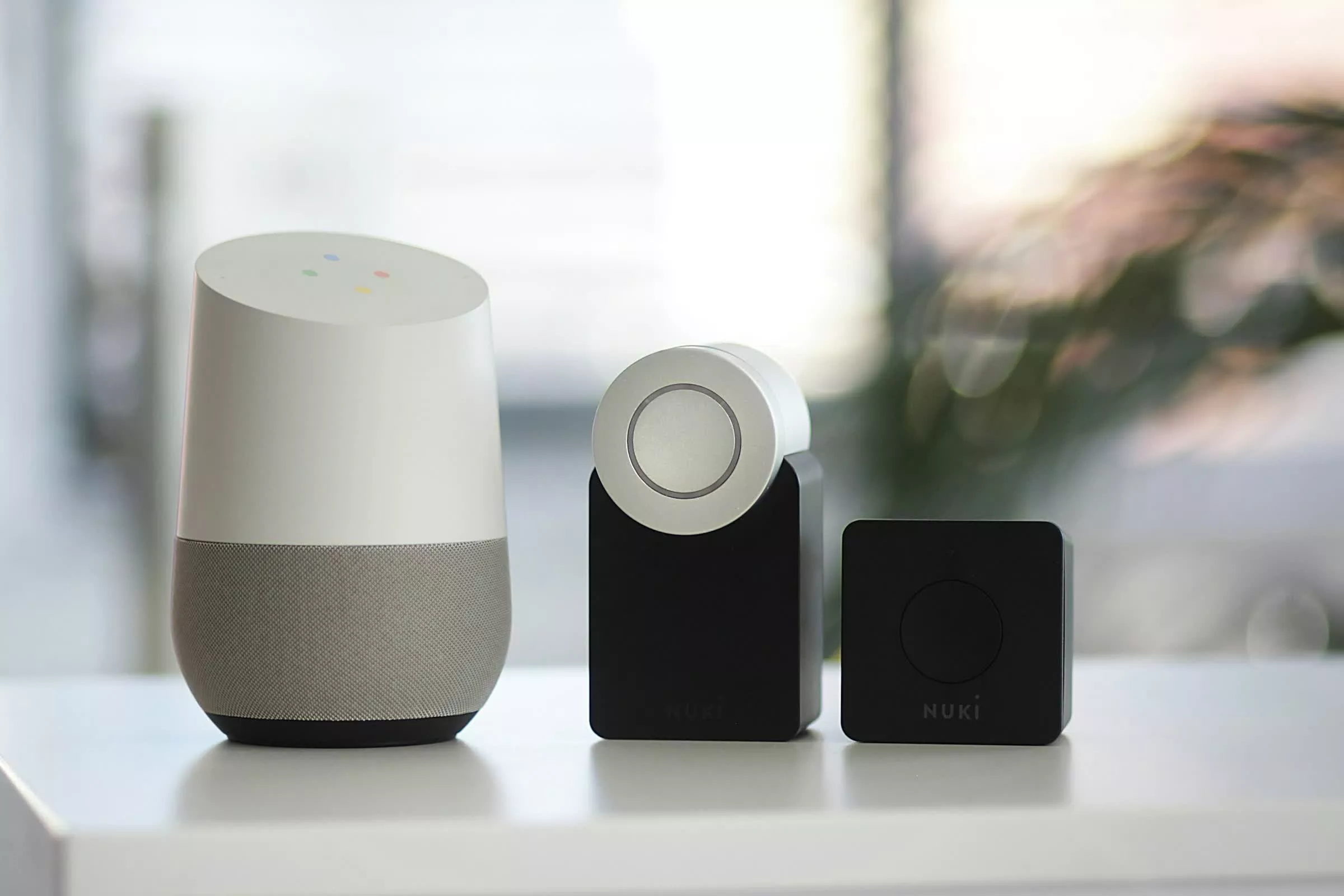In context: For consumers who use all kinds of smart home gadgets, there is nothing more irritating than spending hundreds or thousands of dollars on products that become unusable or have limited functionality after software support ends. Companies sometimes offer subscription fees for ongoing support, essentially holding the functionality hostage.
In September, representatives from iFixit, the Electronic Frontier Foundation and Consumer Reports sent a letter to Samuel Levine, director of the FTC’s Bureau of Consumer Protection, and Serena Viswanathan, deputy director of the FTC’s Division of Advertising Practices. The letter pointed out the widespread anti-consumer practices among smart device manufacturers and their effect on people’s ability to actually own the devices they buy.
A new study from the FTC shows that many companies that develop and sell smart gadgets do not disclose the length of support service for those products. After surveying 184 devices across 64 product categories, the agency found that only 11.3 percent shared information about the length of software support on their product page.
For most of these devices (89 percent), this information was not prominently displayed on the manufacturers’ websites or in other materials related to the products. Considering how easy it should be to find details online about the end date for software updates, the agency couldn’t find anything at all for 124 of the devices included in the study. It also noted that search features like Google’s AI Summaries make this even more challenging for the average consumer, as the results are often wrong or misleading.
The FTC warns that for products with written warranties costing $15 or more, failure to disclose this crucial information violates the Magnuson Moss Warranty Act. Additionally, the agency found that even when some software support information is available, the language is ambiguous and misleading.
In product-related materials, phrases such as “continuous software updates”, “lifetime technical support” and “as long as your device is fully operational” were found that were sometimes at odds with reality. For example, one device had “lifetime support” on the product page, but had not released security updates since 2021. Another device with a similar promise on the product page showed support ending in 2028 on another section of the website.
The findings confirm the need for what consumer rights groups advocated in their letter to the FTC. They say new rules for smart device makers would give consumers a better understanding of how long their internet-connected gadgets should work, helping them make an informed decision. It would also increase competition among OEMs to design devices with longer lifespans.











